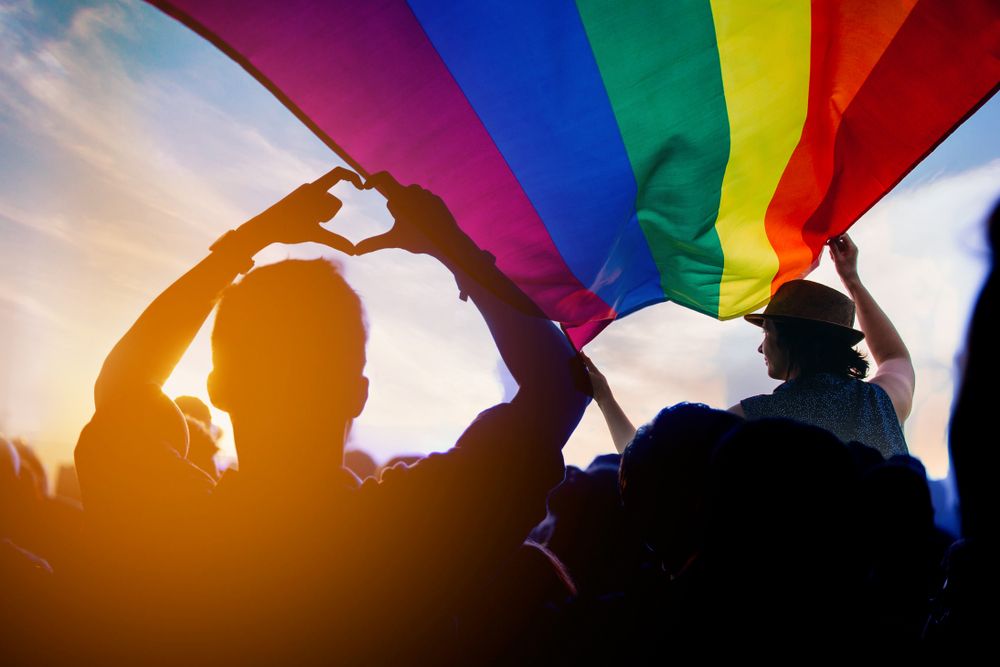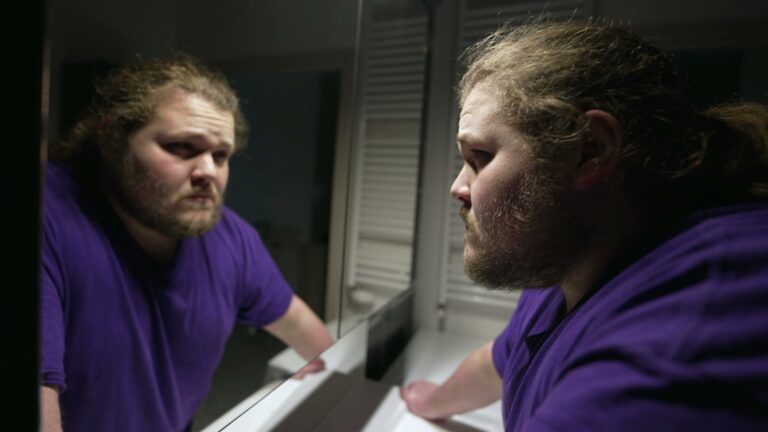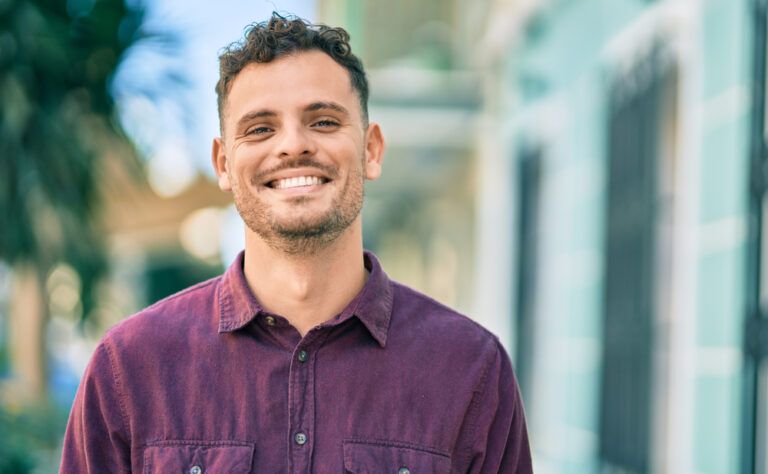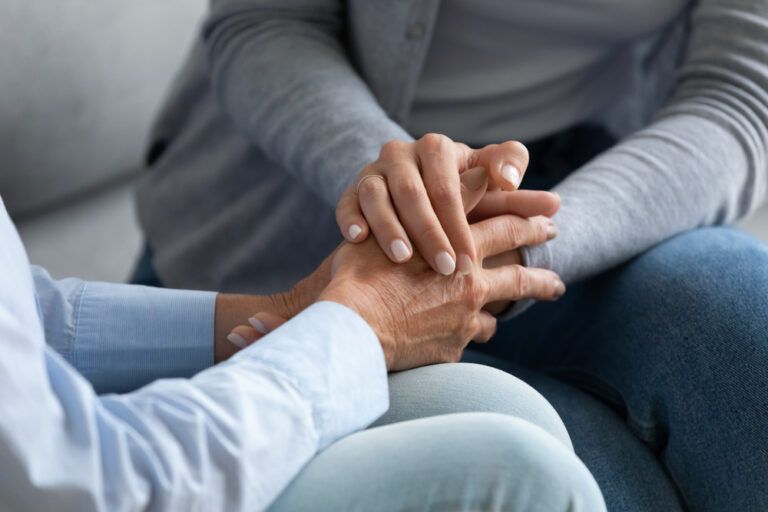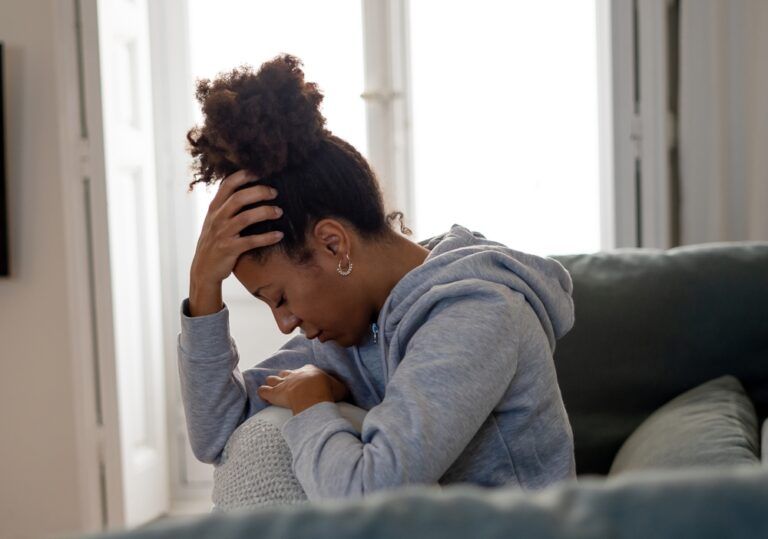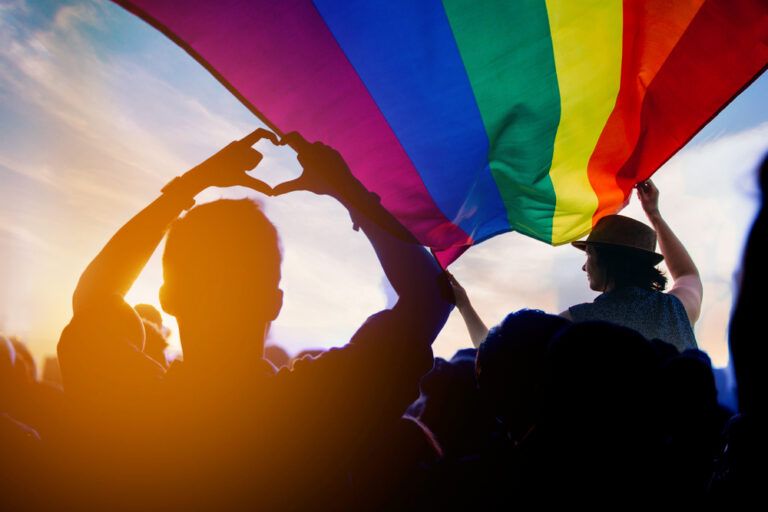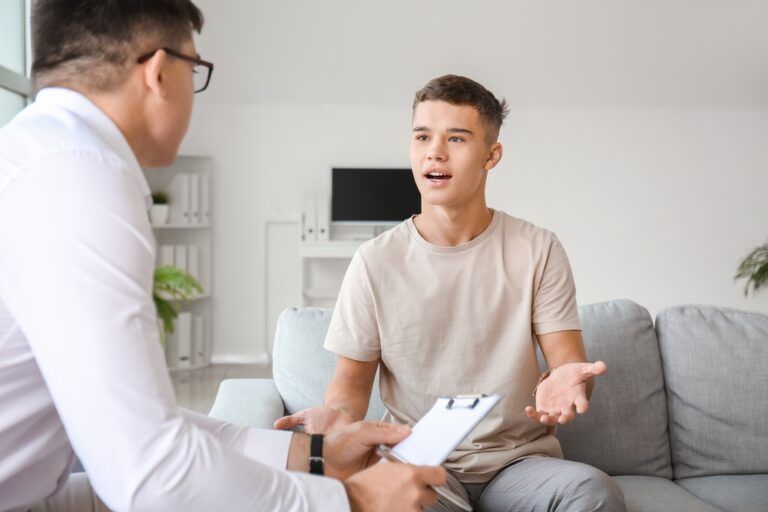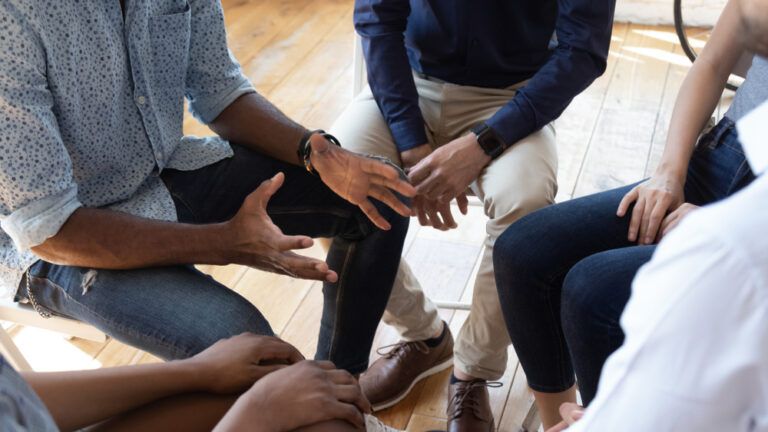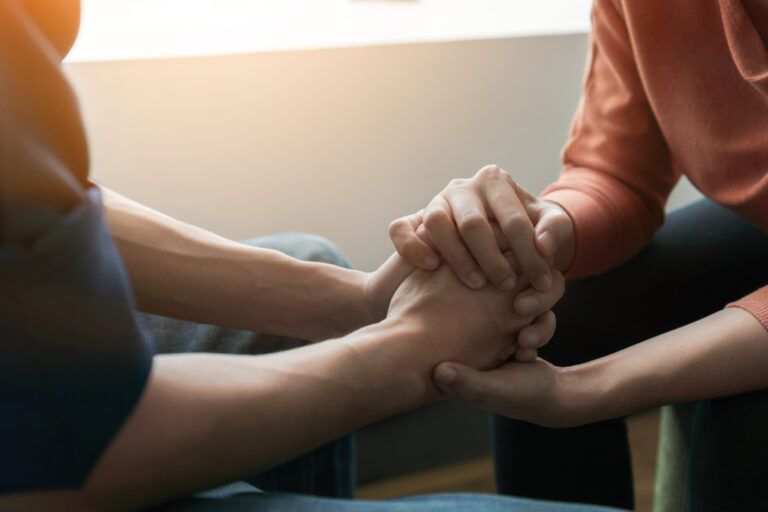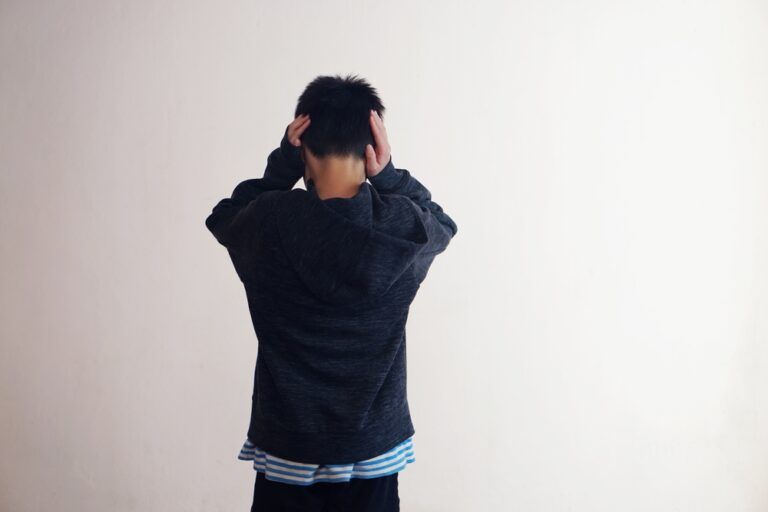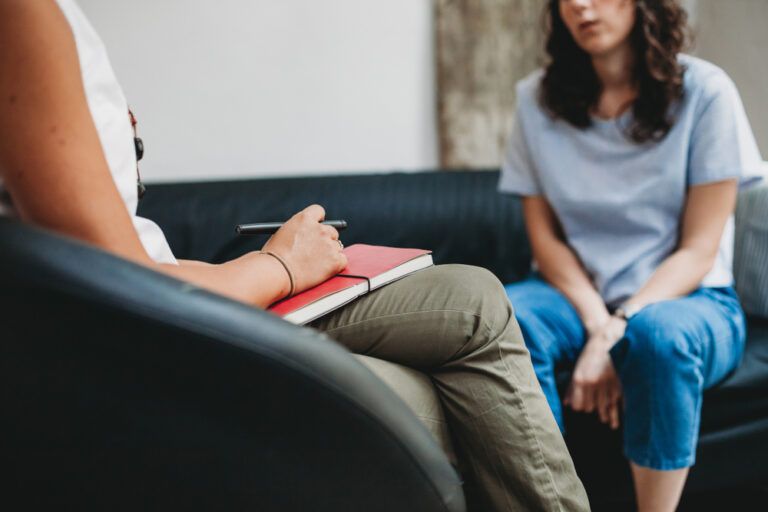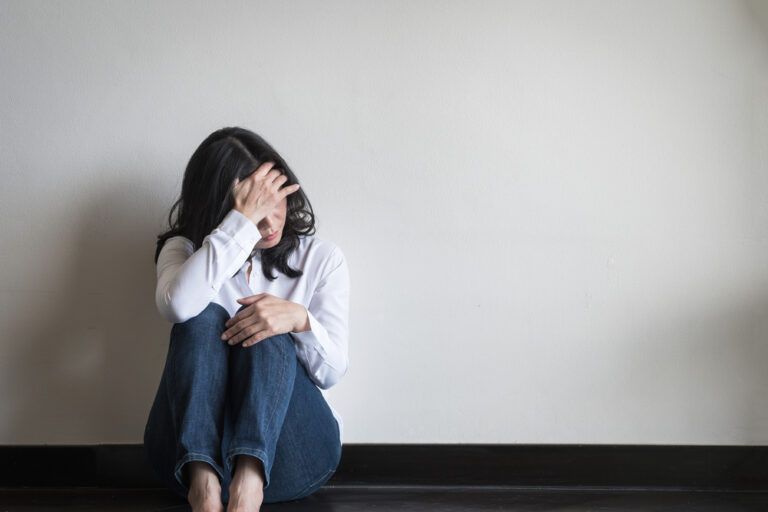In the rich tapestry of human experiences and identities, the LGBTQ+ community brings forward vibrant colors of diversity, love, and resilience. However, behind these bright hues lie shadows cast by societal prejudices, discrimination, and misunderstandings. Mental health, an essential aspect of overall well-being, often bears the brunt of these challenges in the LGBTQ+ community. Let’s delve into understanding these nuances and champion ways to uplift and support LGBTQ+ mental health.
LGBTQ+ Mental Health Landscape: The Challenges
Being a part of the LGBTQ+ spectrum means navigating a world that, historically and even now, often misunderstands or marginalizes non-cisgender and non-heterosexual identities. This journey carries mental health challenges, including:
Internalized Stigmas: In a world saturated with heteronormative narratives, it’s not uncommon for LGBTQ+ individuals to inadvertently absorb some of these perspectives. Many grow up surrounded by societal voices that subtly, and sometimes overtly, suggest there’s a ‘norm’ from which they deviate. This can lead to a host of internal struggles. Individuals might grapple with feelings of self-doubt, guilt, or even shame. This internalized stigma isn’t merely about how one perceives oneself but also impacts how one interacts with the world, often leading to guardedness, hesitance, or a persistent fear of judgment.
Discrimination and Prejudice: While societal acceptance has grown in pockets, discrimination remains a tangible reality for many LGBTQ+ individuals. This discrimination isn’t always loud; it can manifest in whispered comments, denied opportunities, or exclusionary practices. However, its impact is profound. Continuous experiences of prejudice can lead to heightened levels of chronic stress, exacerbating feelings of anxiety and leading to a deep-seated sense of isolation. The mental toll of constantly being on guard, of perpetually feeling the need to defend one’s identity, can be wearying.
Identity Acceptance: Realizing and accepting one’s LGBTQ+ identity is a deeply personal journey, fraught with its unique set of challenges. For many, this path is paved with questions: Will I be accepted? Is this just a phase? How do I reconcile my identity with societal or familial expectations? The quest for self-acceptance often runs parallel to a quest for external acceptance. The fear of rejection—by friends, family, or society at large—can amplify feelings of vulnerability. Additionally, in many regions, expressing one’s true identity might not only be a matter of acceptance but also of safety, adding another layer of complexity to the journey.
Strategies to Foster Positive LGBTQ+ Mental Health
Safe Spaces: The essence of mental health often lies in expression—being able to voice feelings, fears, and aspirations without inhibition. For the LGBTQ+ community, safe spaces are sanctuaries where they can be their authentic selves. Whether it’s community centers, online forums, or support groups, these havens are about more than just safety; they’re about belonging. Within these nurturing environments, individuals can share experiences, seek advice, or simply find solace in being amongst like-minded souls.
Education and Advocacy: Misunderstandings breed prejudice. To dismantle the barriers of misconception surrounding the LGBTQ+ community, we need proactive education. Schools, workplaces, and community organizations should incorporate LGBTQ+ inclusive curricula or training programs. We can pave the way for more inclusive future generations by fostering awareness and understanding from a young age. Beyond formal education, advocacy plays a pivotal role—highlighting stories from the LGBTQ+ community, addressing myths, and showcasing the rich tapestry of their experiences.
Professional Support: Mental health professionals, especially those trained to understand the unique challenges of the LGBTQ+ community, are invaluable assets. Their expertise can guide individuals through identity acceptance, address trauma from discrimination or exclusion, and offer coping strategies tailored to the LGBTQ+ experience. Therapy can be transformative, offering a safe, confidential space for introspection, growth, and healing.
The Role of Allies
Being an ally doesn’t just mean passive acceptance but active support. Here’s how allies can play a part:
- Listen and Learn: Take the time to genuinely understand the experiences and challenges of the LGBTQ+ community. It’s not about agreeing; it’s about acknowledging.
- Challenge Discrimination: Stand up against overt and covert forms of prejudice. This could be in everyday conversations, at workplaces, or even on larger platforms.
- Support LGBTQ+ Initiatives: Whether it’s participating in Pride events, supporting LGBTQ+ businesses, or advocating for inclusive policies, every action counts.
A Beacon of Hope and Healing
Mental health is a universal right, irrespective of gender identity or sexual orientation. As society progresses, it’s pivotal to ensure that the mental well-being of the LGBTQ+ community isn’t left behind.
At the Annapolis Counseling Center, we are fervently committed to championing LGBTQ+ mental health. Our doors are open to all, our therapies are tailored to resonate with diverse experiences, and our hearts are aligned with the principles of acceptance, understanding, and love. If you, or someone you know, are on the quest for mental clarity, support, or simply a space to be truly seen and heard, reach out to us. Together, let’s script stories of hope, healing, and holistic well-being.
Sources
- The LGBTQ+ Mind: Challenges and Triumphs – Prism Psychological Journal.
- Being an Ally: Steps to Support – Inclusivity Insight Review.
- Queer Mental Health: Modern Perspectives – Spectrum Wellness Digest.

